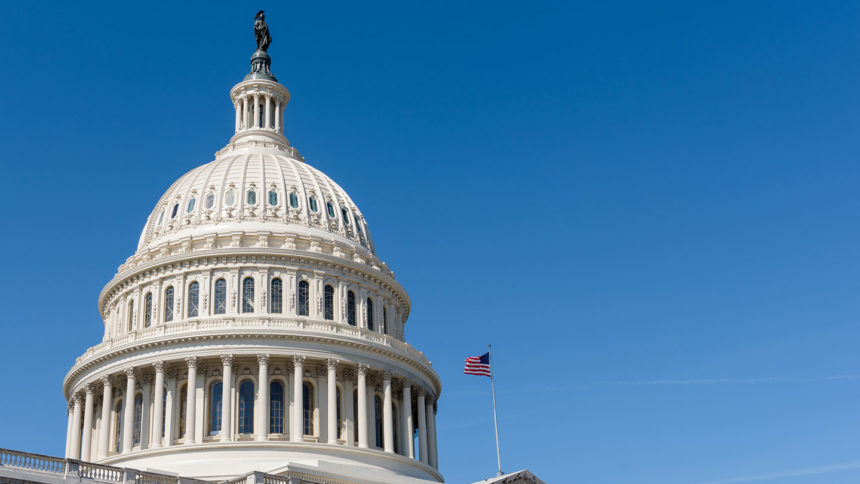
A bipartisan bill that the Michael J. Fox Foundation for Parkinson’s Research is calling “the first-ever legislation solely devoted to ending Parkinson’s disease” has been introduced in the House of Representatives by Reps. Paul Tonko (D-NY) and Gus Bilirakis (R-FL).
The National Plan to End Parkinson’s Act (H.R. 8585) was introduced Thursday in the House. It has been referred to the House Committee on Energy and Commerce, of which Tonko and Bilirakis are members.
“This is a historic moment for the Parkinson’s community!” the Michael J. Fox Foundation said Friday in a post on its website.
Passage of the act would “for the first time, unite the federal government and private enterprise in a mission to prevent and cure Parkinson’s, alleviate financial and health burdens on American families, and ensure those living with the disease have access to the care they need,” the foundation said.
The legislation calls for the secretary of Health and Human Services to carry out a national project to prevent and cure Parkinson’s, to be known as the National Parkinson’s Project. If the bill passes, the Department of Health and Human Services also would create a public-private advisory council that would report every year to Congress on its progress and impact on ending Parkinson’s.
Having a national plan to end Parkinson’s, according to the Michael J. Fox Foundation, potentially could “dramatically” increase federal research funding; develop more effective pathways for treatments and cures; improve early diagnosis of the disease; spark new and improved models for patient care; create standards and measures to prevent Parkinson’s disease; address health disparities in diagnosis, treatment and clinical trial participation; and enhance public awareness of the disease.
Additional co-sponsors of the House bill to date include Reps. Brian Higgins (D-NY), Carolyn Maloney (D-NY), David McKinley (R-WV) and Fred Upton (R-MI), according to Congress.gov. McKinley and Upton also are members of the House Committee on Energy and Commerce.
The foundation said it is working with two senators to introduce a companion bill in the Senate in the coming weeks.
Parkinson’s costs the United States $52 billion every year, and half of that cost is incurred by the federal government, according to the foundation, citing a study in the journal npj Parkinson’s Disease. The annual cost of Parkinson’s is expected to increase to $80 billion by 2037, according to that study.
Almost 25% of people with Parkinson’s disease live in long-term care facilities such as assisted living communities or nursing homes, according to the foundation, citing a 2015 analysis of Medicare data published in the journal Neurology.



